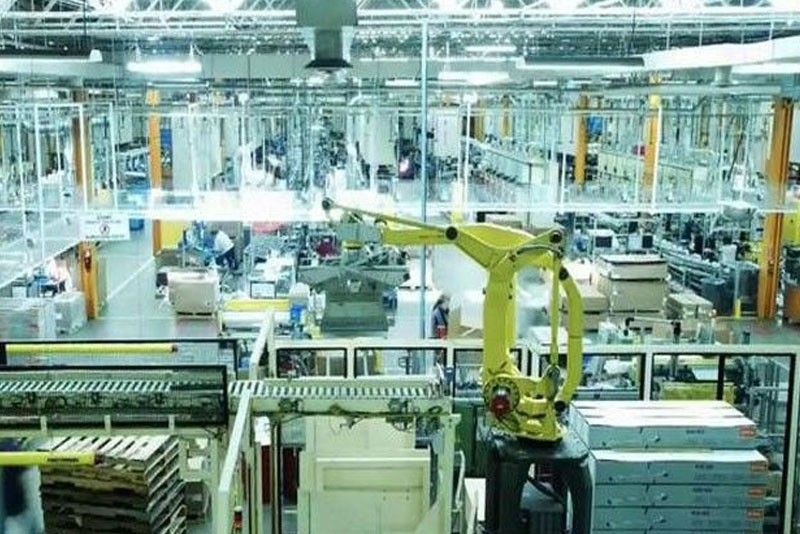TRAIN law continues to hurt Philippine factory activity in February
MANILA, Philippines — The Duterte administration’s new tax law continued to weigh on the country’s manufacturing sector, which further slowed down in February, according to monthly tracking done by IHS Markit for Nikkei, Inc.
The seasonally adjusted Nikkei Philippines Manufacturing Purchasing Managers’ Index (PMI) slipped to 50.8 last month from 51.7 in January.
A reading above 50 indicates economic expansion, while a reading below 50 points toward contraction, Nikkei explained.
The Philippines’ latest PMI reading was the second lowest in survey history, setting the sector on course for the weakest quarter since Nikkei started tracking the country’s factory activity, said Bernard Aw, principal economist at IHS Markit.
“Survey data suggested the new excise taxes, which were implemented at the start of the year, continued to have an adverse impact on demand,” Aw said.
“While growth in output and new orders picked up from the lows in January, their rates of increase remained well below historical averages. Export sales also weakened further,” he added.
Nikkei said the combined effects of higher prices for raw materials, weaker exchange rate and new excise taxes were the main drivers for sharp cost increases, causing average charges for manufactured goods to rise at a survey-record rate.
A slower rise in input inventories and job losses, which dropped for the first time since September 2017, also dampened the sector’s performance despite faster growth in output and new orders.
Finally, business confidence remained elevated amid higher sales forecasts but nonetheless dipped to the lowest in the survey history.
“There were reports of layoffs as part of efforts to reduce costs,” Aw said
“Firms continued to blame higher excise tax rates and increased commodity prices, especially in oil, plastics and paper, for the sharp cost increase. A weaker peso also worsened the impact of higher import costs,” he added.
President Rodrigo Duterte last year signed into law the Tax Reform for Acceleration and Inclusion Act, which aims to generate revenue to fund a multi-billion dollar infrastructure program key to the government’s economic agenda.
Last January, consumer prices surged to a three-year high of 4 percent, which the Bangko Sentral ng Pilipinas partly attributed to the implementation of the TRAIN law that raised excise levies on fuel, sugary drinks and cigarettes, among others.
According to the BSP, inflation likely breached the 2-4 percent target range set by the central bank in February to settle above 4-4.8 percent, as prices reflect the full impact of higher levies under the recently enacted tax reform.
Amid the uptrend in consumer prices, some market watchers expect the central bank to tighten monetary policy settings for the first time in over three years in its upcoming meetings in 2018, with some betting an interest rate hike will come as early as March.
“While the influence of tax reforms is expected to fade in coming months, price pressures could still become more entrenched on rising imported inflation, which will add to calls for the BSP to raise interest rates,” Aw said.
“In the recent policy meeting, governor Nestor Espenilla commented that headline inflation is likely to break above the 2-4 percent range target in 2018, but more evidence of rising price trends is necessary before deciding to tighten policy,” he added.
Source: https://www.philstar.com/business/2018/03/01/1792532/train-law-continues-hurt-philippine-factory-activity-february#644e64V4JT5cJsGZ.99


 English
English




